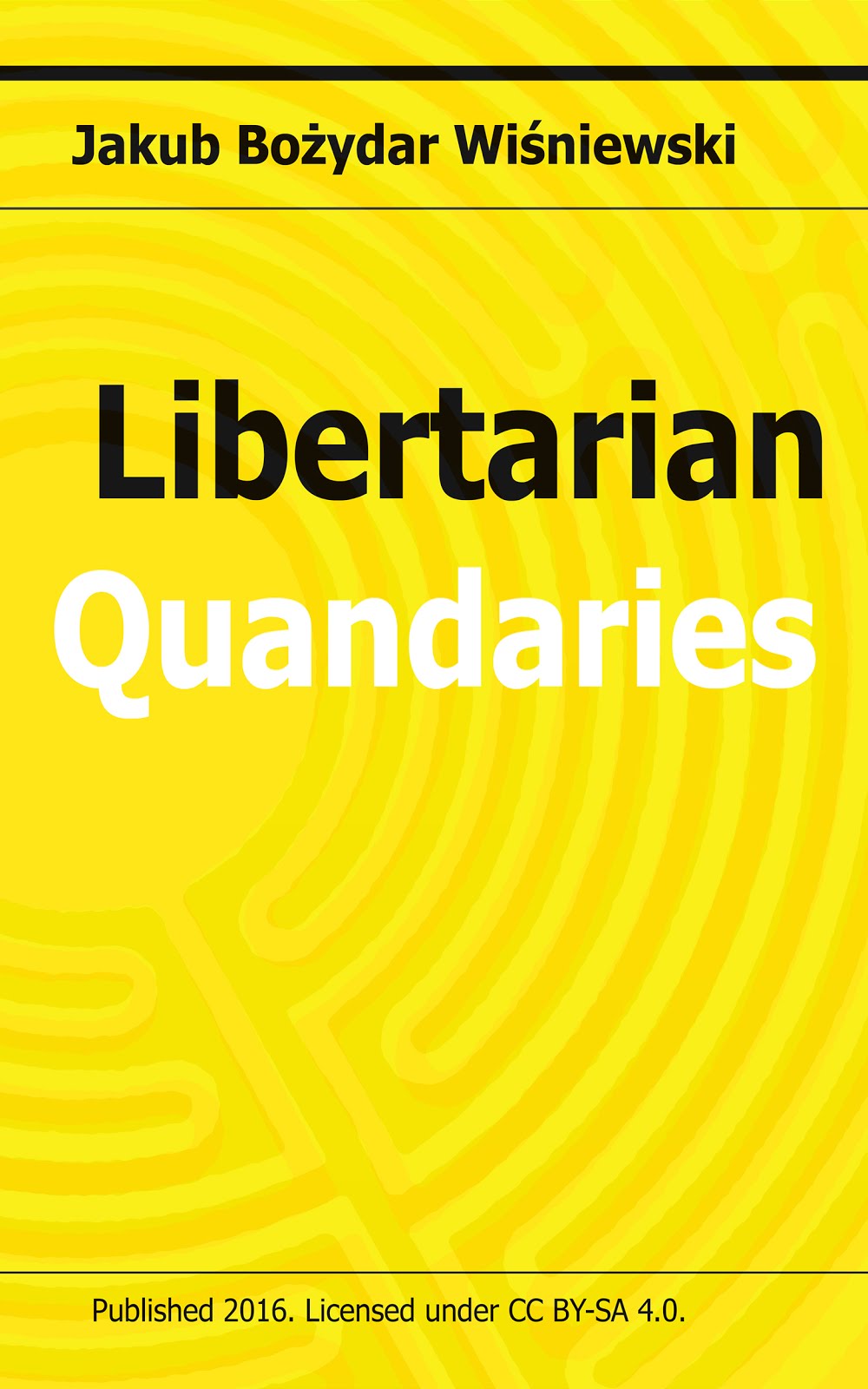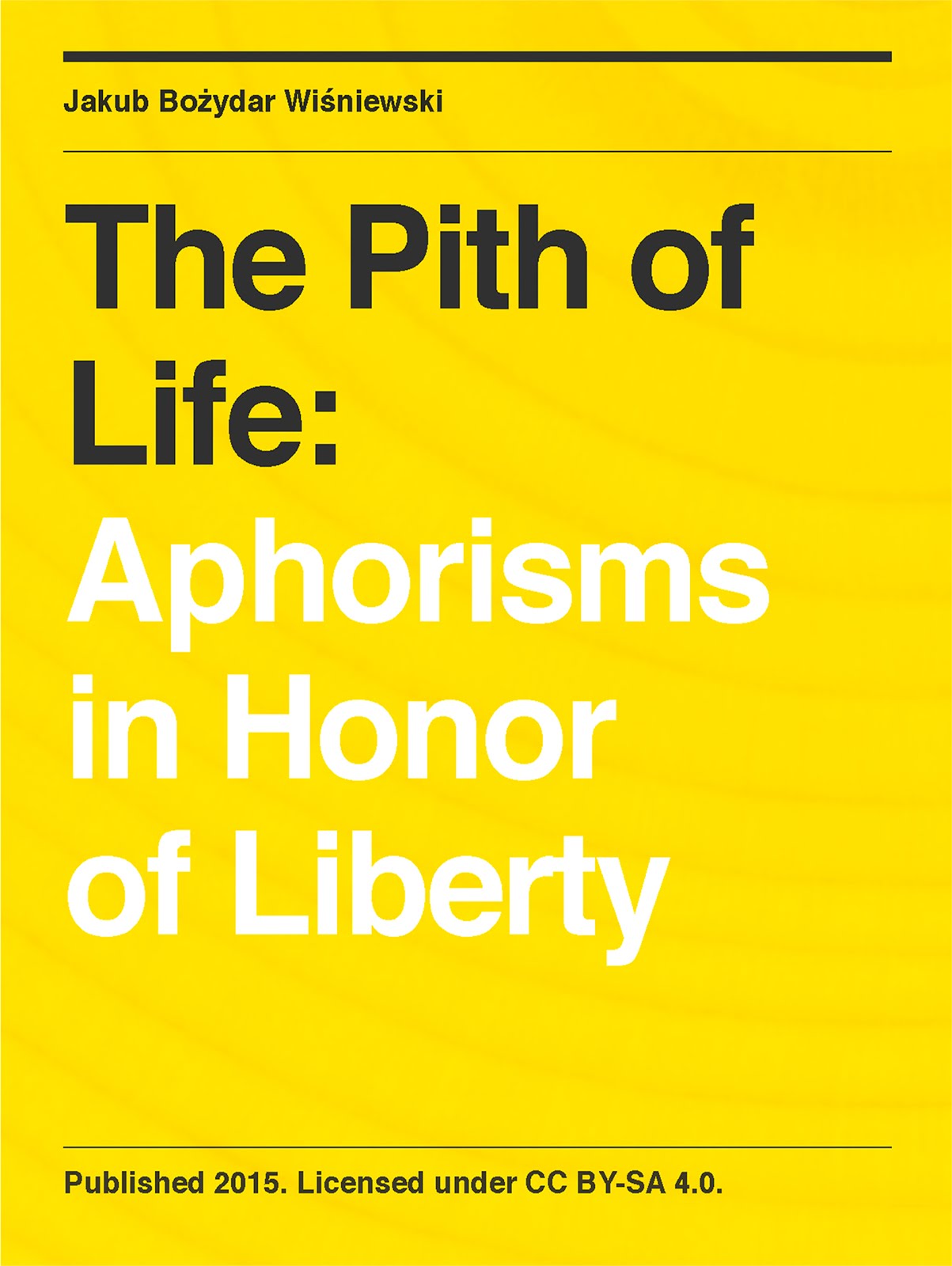One of the more sophisticated challenges that libertarians are sometimes confronted with says the following: assuming that voluntary cooperation can successfully solve the collective action problem, it has to be capable of solving it regardless of the moral qualities of the motives that drive the solution. Thus, if it is possible to successfully produce public goods on a voluntary, decentralized basis, it must also be possible on the same basis to create stable cartels capable of reaping monopoly gains and frustrating consumer sovereignty. Conversely, if harmful cartels are to be thought of as inherently unstable and thus short-lived, it must also be concluded that the temptation of underselling one's competitor will thwart any attempts to successfully produce public goods on a voluntary, decentralized basis.
And yet, there is a good reason to believe that there is a fundamental asymmetry between the viability of beneficial and malevolent cooperation. In short, the former is normally profitable both in the short and the long run, while the latter is profitable only in the short run. And conversely, opposing the latter is normally profitable both in the short and the long run, while opposing the former is profitable only in the short run. If X bundles the production of private goods with the production of public goods, his offer is more attractive than the offer of those who focus exclusively on the production of private goods, thus generating short-term profits for him. But apart from tangible profits, such a business approach also generates favorable reputation, which gives X additional competitive edge and makes his business even more profitable in the long run.
Conversely, cooperating with a cartel generates short-term profits for its members, but it by the same token makes their activities very disreputable, which further aggravates the inherent instability of their association, makes them subject to social ostracism, undermines their trustworthiness and thus reduces the number of their potential business allies, gives outside competition extra incentive to put the cartel out of business, etc. Breaking the cartel agreement, however, allows the breaker not only to gain short-term profits by underselling his erstwhile partners, but also to gain a favorable reputation, the reputation of an honest businessman who opposes collusion, which is likely to generate additional long-term profits for him.
In sum, overcoming the collective action problem to benefit oneself by harming others pays in the short run, but backfires in the long run, while overcoming it to benefit oneself by benefiting others pays in the short run and in the long run. Thus, there is a good reason to believe that, on the whole, voluntary cooperation can not only successfully solve the collective action problem, but also make the effects of the majority of voluntarily undertaken collective actions unambiguously beneficial.
Tuesday, March 26, 2013
Collective Action, Cooperation and Collusion
Labels:
collective action,
collusion,
cooperation,
public goods,
voluntariness
Subscribe to:
Post Comments (Atom)



No comments:
Post a Comment